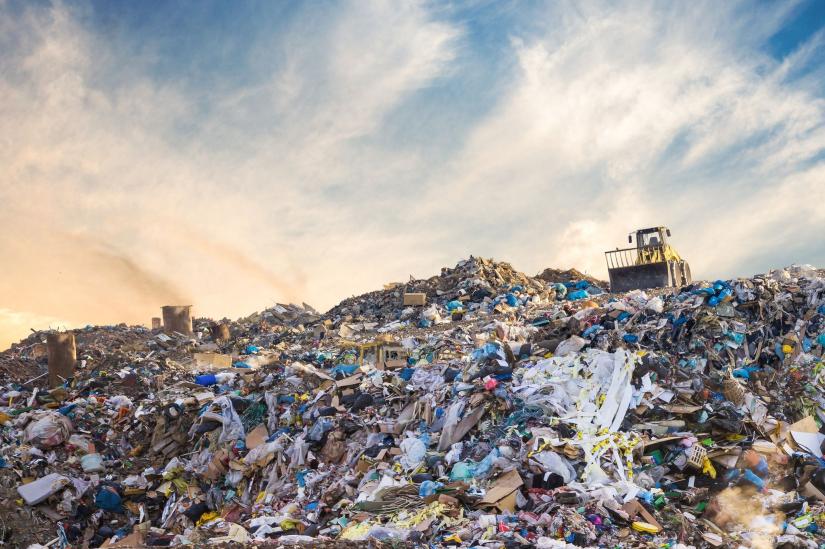Bioplastics, including bio-based plastics (those made from plants) and biodegradable plastics (those designed to break down in nature) are becoming more widely used in Australia. This is driven by businesses and consumers looking for environmentally friendly alternatives to conventional plastics and by single-use plastic bans being implemented in many states.
However, the environmental outcomes of bioplastics are currently not well understood. WWF-Australia commissioned ISF to examine the sustainability of bioplastics in Australia, in order to understand the future use of bioplastics in Australia. The research was structured around four key research questions:
- What are the sustainability benefits and risks of bioplastics across the lifecycle?
- What has been the approach to bioplastics in Australia and the sustainability outcomes?
- Are there misleading claims being made about the sustainability of bioplastic products sold in Australia?
- What will ensure the sustainable use of bioplastics in Australia?
ISF researchers undertook a literature review and interviews with eleven Australian experts involved in the production, use, composting and research of bioplastics and an assessment of sustainability claims of bioplastic products sold in Australia.
The report found that bioplastics can play a role in reducing the environmental impacts of plastics and contribute to a circular economy, but are not a solution to the problems of plastic waste generation and plastic pollution. Bioplastics can lead to environmental harm in the same way as conventional plastics, such as contamination of soil and water, and harming of wildlife, if they end up in the environment.
Bio-based plastics generally – but not always – have lower environmental impacts in their production compared to fossil-based plastics. Careful decision-making and responsible practices are necessary for sourcing bioplastic feedstocks to ensure they avoid potential impacts on food security, biodiversity, air, soil and water.
Bioplastics that are either recyclable or compostable can contribute to a circular economy. However, there is no benefit of plastic to be biodegradable if it does not end up in a composting system, as it may emit methane (a greenhouse gas) in other environments.
Researchers reviewed the outcomes of the use of bioplastics in Australia and found that most compostable plastics in Australia are sent to landfill. There are also some problematic bioplastic products on the market which are not suitable for either composting or recycling and need to be sent to landfill. We reviewed the claims made on 26 bioplastic products from 14 companies and found that one-third of the claims being made about sustainability were misleading to consumers, particularly about the environmental impacts of the products at end-of-life.
To ensure sustainable outcomes in the use of bioplastics there is a need to ensure responsible sourcing of feedstocks, determine what applications they are most suitable to be used in and ensure appropriate end-of-life management. Any increase in the use of bioplastics needs to be considered alongside broader system changes to improve the environmental impacts of plastics, such as strategies to reduce the use of single-use plastics.
MEDIA
Why bioplastics won't solve our plastic problems - The Conversation, March 2023Researchers
-
Research Principal
-
Senior Research Consultant
-
 Rupert LeggPhD candidate
Rupert LeggPhD candidate
Year
2023
Location
Australia-wide
Client
WWF-Australia





